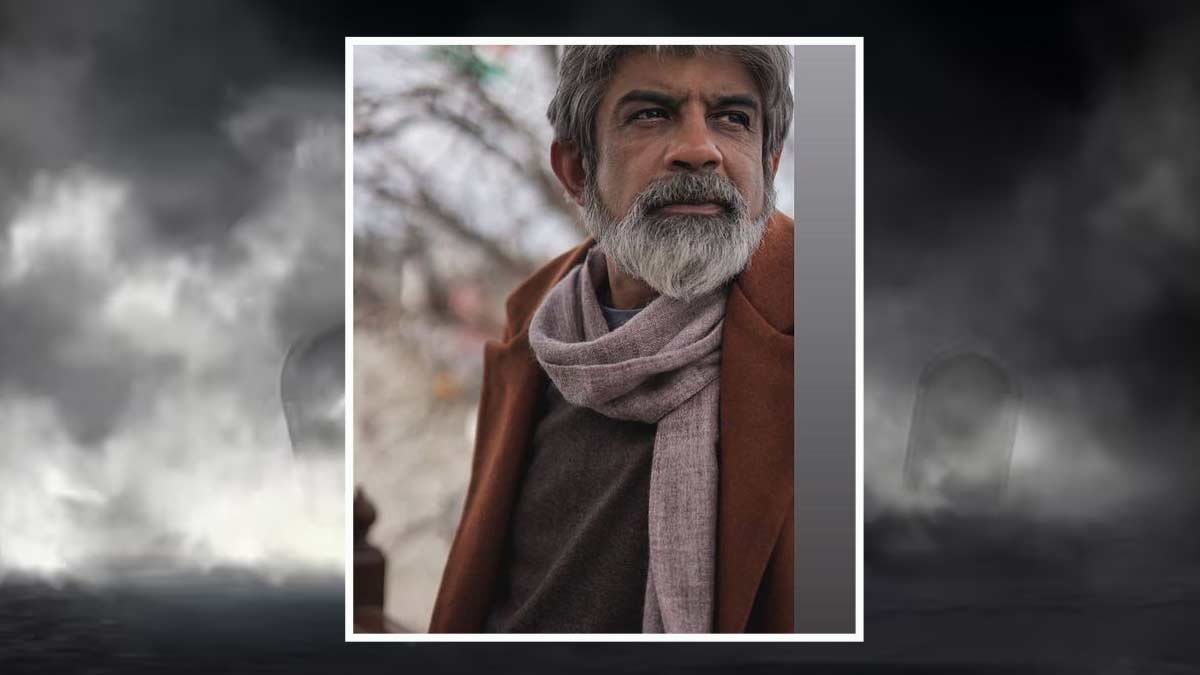Veteran television actor Rituraj Singh, aged 59, has passed away from a cardiac arrest. The confirmation comes from his close friend and fellow actor Amit Behl. Rituraj's demise occurred on Monday night, and recent reports by Times Now state that he had been hospitalised for a pancreatic ailment. Amit Behl revealed, "Yes, he passed away due to cardiac arrest. He was admitted to a hospital some time back for treatment of the pancreas, returned home, had some cardiac complications, and passed away."
Rituraj Singh Passes Away Due To Cardiac Arrest
The actor's demise, attributed to a cardiac arrest, has left friends and family in disbelief, sparking an outpour of condolences on social media. Rituraj Singh, with a career spanning decades, made a significant impact through his roles in numerous television shows such as 'Tol Mol Ke Bol,' 'Jyoti,' 'Kutumb,' and 'Laado 2.' Additionally, he contributed to films like 'Badrinath Ki Dulhania' and 'Yaariyan 2.' Notably, he was recently seen in popular series like 'Anupamaa' and 'Made in Heaven.'

What Is Cardiac Arrest?
Following the untimely passing of Rituraj Singh due to cardiac arrest, we reached out to Dr. Ajay Pratap, a cardiologist at Tirupati Hospital in Dwarka. Dr. Pratap provided insights into the typical symptoms of cardiac arrest and shared valuable prevention tips.
Don't Miss: Ischemic Stroke Unveiled: Expert Perspectives On Prevention Through Lifestyle Changes
According to Dr Ajay Pratap, sudden cardiac arrest (SCA) is characterised by the abrupt cessation of all heart activity, typically caused by an irregular heart rhythm. It's essential to note that sudden cardiac arrest differs from a heart attack, where a blockage impedes blood flow to a part of the heart. Sudden cardiac arrest, on the other hand, is not a result of a blockage. Nonetheless, a heart attack can potentially trigger a shift in the heart's electrical activity, subsequently leading to sudden cardiac arrest.
Symptoms Of Cardiac Arrest
The symptoms of sudden cardiac arrest are acute and manifest rapidly, encompassing:
- Sudden collapse.
- Absence of a pulse.
- Cessation of breathing.
- Loss of consciousness.
- Occasionally, other symptoms may precede sudden cardiac arrest, such as:
- Chest discomfort.
- Shortness of breath.
- Weakness.
- Palpitations - a rapid, fluttering, or pounding heartbeat.
Prevention Tips For Cardiac Arrest
Dr. Ajay Pratap emphasises that preventing sudden cardiac arrest (SCA) involves recognising individual risk factors, which can vary for those in good health compared to individuals at a higher risk due to genetic conditions, family history, or prior cardiac events.
Here are key preventive measures suggested by Dr. Pratap:
Manage Stress:
Stress is a significant but often underestimated risk factor for cardiovascular issues, including the risk of heart attack leading to cardiac arrest.
Quit Smoking & Tobacco Use:
Quitting smoking is crucial for long-term health, as smoking damages blood vessels, increases blood pressure, reduces oxygen levels, and promotes the development of fatty deposits in the arteries.

Adopt a Healthy Diet:
Consuming nutrient-rich foods, including fruits, vegetables, fish with omega-3 fatty acids, lean meats, and whole grains, forms a strong foundation for cardiovascular health.
Limit Alcohol Intake:
Excessive alcohol consumption and binge drinking are linked to an increased risk of cardiovascular conditions. Moderating alcohol intake can reduce these risk factors and avoid related health complications.
Don't Miss: Expert Insights On Cholesterol-Friendly Vegetables For A Healthy Heart
Exercise & Weight Regulation:
Maintaining a healthy weight through a balanced diet and regular exercise reduces the risk of heart disease, high blood pressure, and diabetes. This lifestyle promotes cardiovascular health and lowers the likelihood of experiencing a cardiac emergency.
Keep reading Herzindagi for more such updates.
